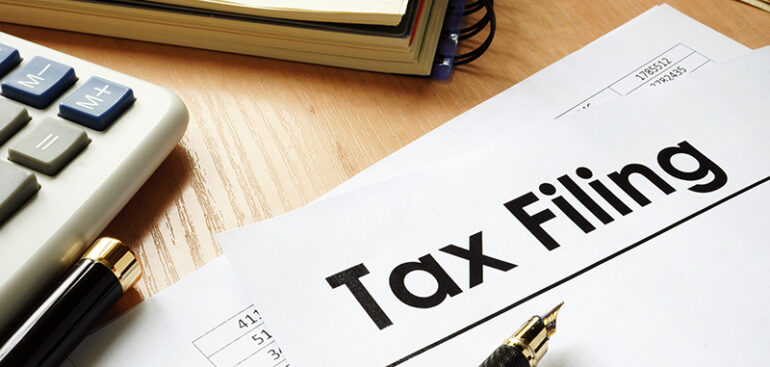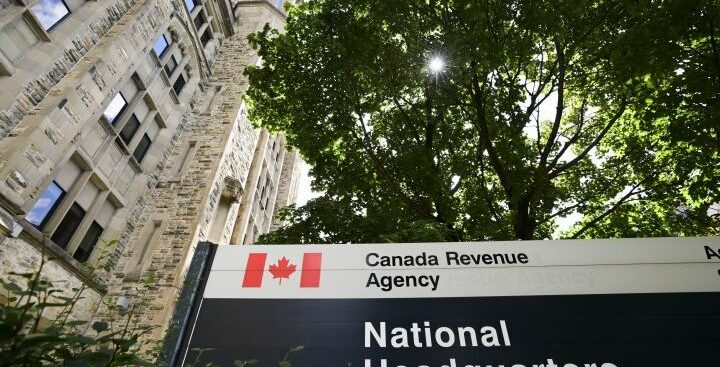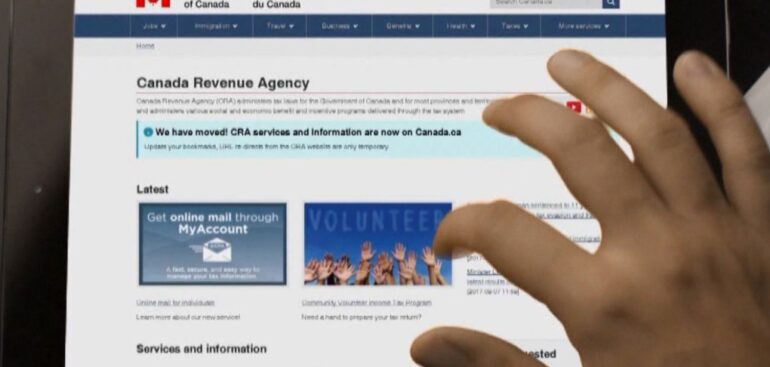Here’s 5 reasons why you should still file a return, no matter how much income you earned this year.
1. The basic personal amount: a tax credit for every Canadian.
Every Canadian resident is entitled to claim the basic personal amount, a tax credit which reduces the amount of tax you owe. Beginning in 2020, the amount you can claim will depend on your income. However, as long as you earned less than $150,473, you’ll be able to claim the maximum amount of $13,229. This means if you’re reporting less than $13,229 in income, you won’t owe federal taxes this year. You can also claim a corresponding provincial basic personal amount – the amount you’ll receive for this tax credit depends on which province or territory you live in.
2. The Canada employment amount: another tax credit.
You can claim the Canada employment amount if you reported employment income for the year (even if it wasn’t a lot). This amount is designed to help Canadians with some of their work-related expenses such as uniforms, home computers, and supplies they needed to do their job.
In 2020, you’ll be able to claim $1,245 or the total of the employment income that you reported on your return (whichever amount is less). If you’re a resident of the Yukon and you’re eligible for the federal amount, you can also claim an additional $1,245 against your taxes!
Keep in mind, you won’t be able to claim this credit if you’re only reporting self-employment income. You’ll need to report income from a T4 slip to be eligible for the Canada employment amount.
3. You can claim even more provincial tax credits.
The government needs the information from your return to confirm your eligibility for federal benefits like the Canada Child Benefit (CCB) and the GST/HST Credit, as well as provincial benefits like the BC Recovery Benefit and the Ontario Trillium Benefit. If you don’t file a return, you’ll miss out on these payments.
4. Lower the taxes you owe through payroll deductions.
Your employment income is subject to deductions every time you get paid (whether that’s weekly, monthly, or any other frequency). If you’re between the ages of 18 and 65, these deductions include Canada Pension Plan (CPP) or, if you’re a Québec resident, Québec Pension Plan (QPP) premiums. Your payroll deductions also include Employment Insurance (EI) premiums, which all employed Canadians pay, regardless of their age. However, you can claim a non-refundable credit both federally and provincially for these contributions, to lower the taxes you owe!
As a bonus, when you add the amount of your EI contributions and CPP/QPP contributions to the basic personal amount, it increases the amount of income you’ll need to earn before you owe taxes.
5. Build up your RRSP contribution room.
Even if you only earned a small amount of employment income, filing your return builds your future RRSP contribution room. Your RRSP contribution room is increased by 18% of the earned income you report on your tax return. For example, if you report $10,000 of employment income on your 2020 return, you’ll be able to contribute $1,800 more to your RRSP the following year. Even if you don’t want to contribute to an RRSP right now, the extra $1,800 you can contribute might be useful in the future.


